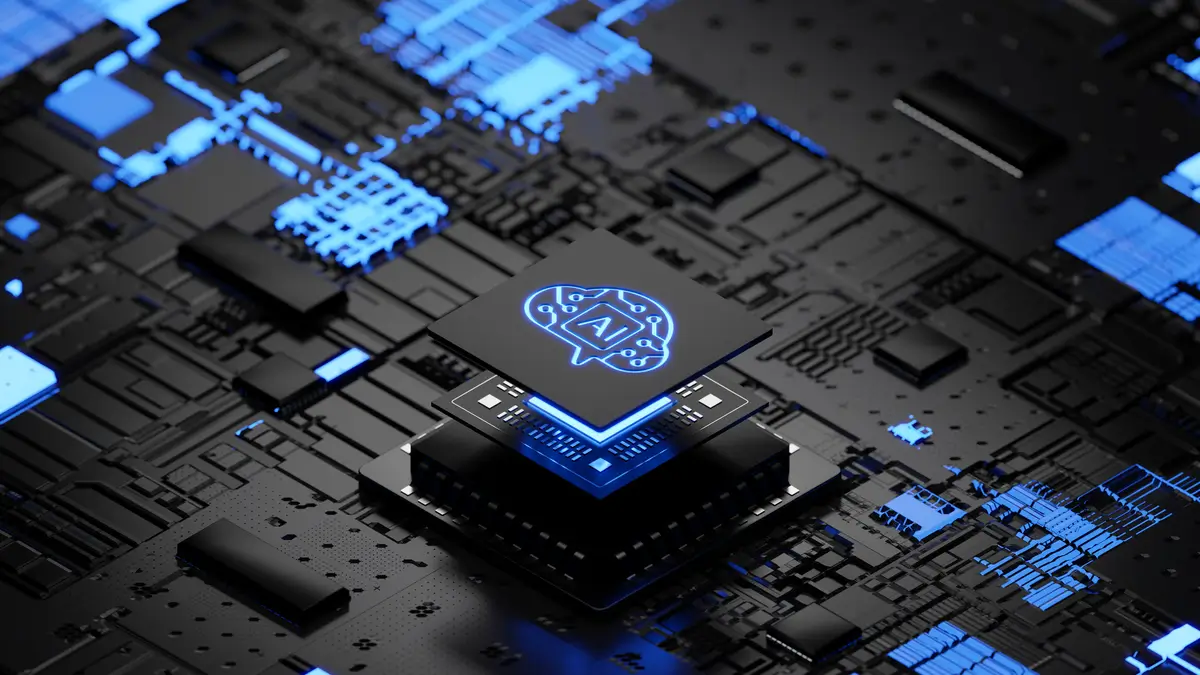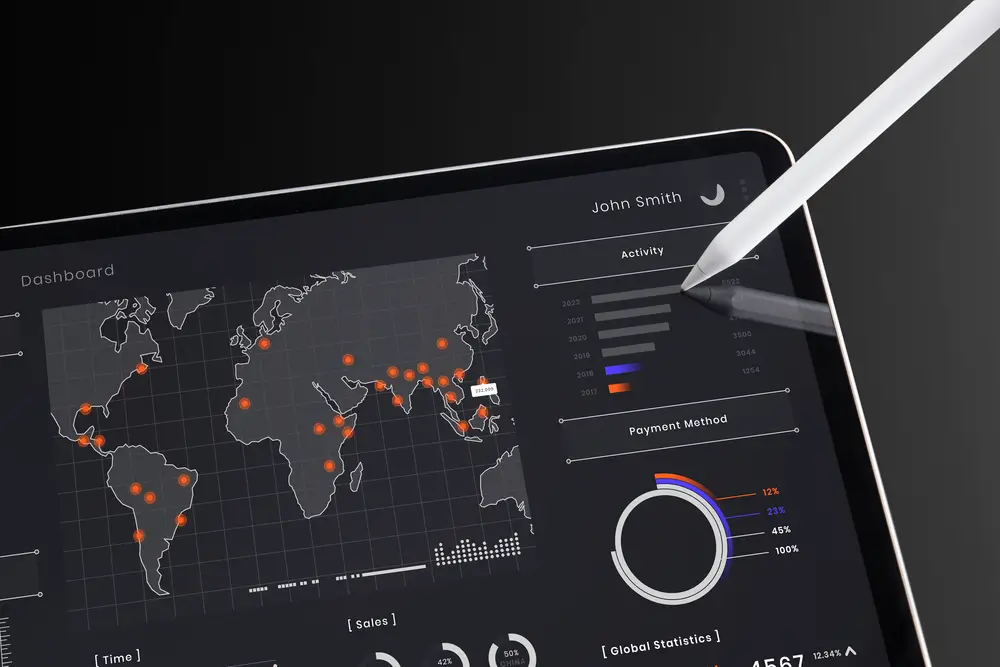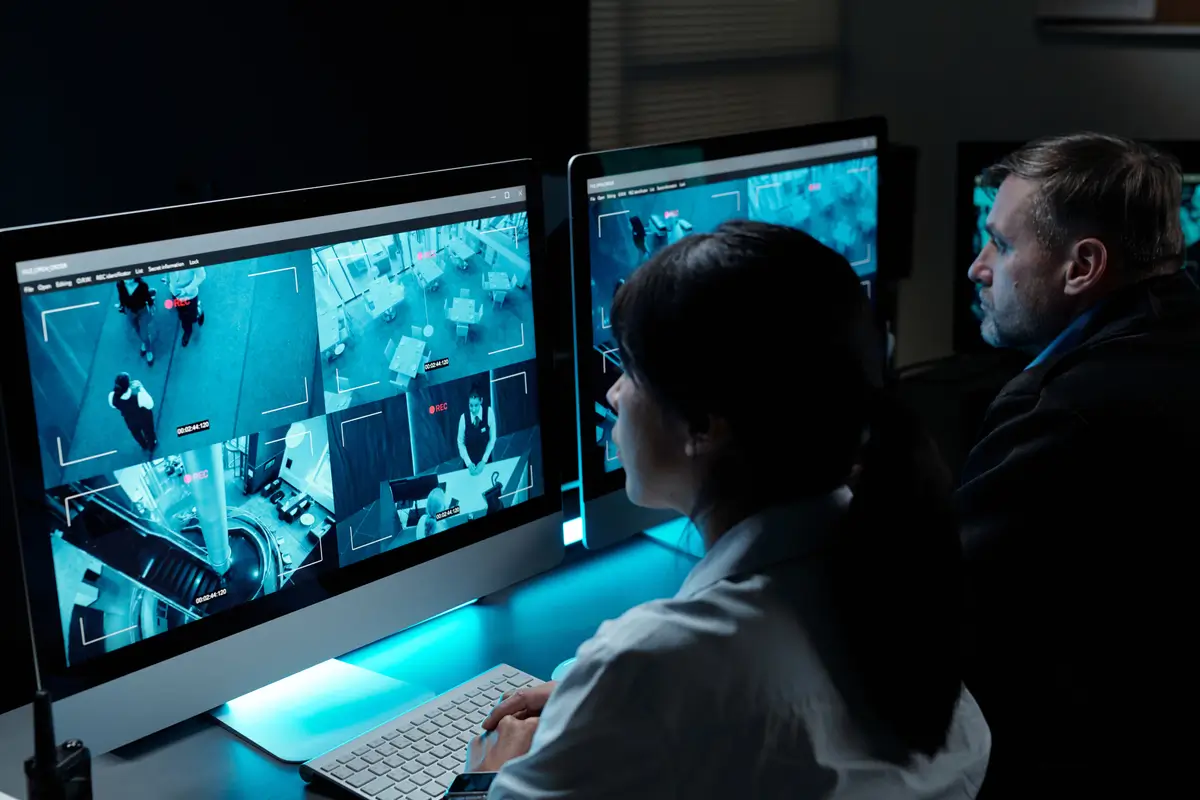In November 2025, the International Space Station (ISS) will celebrate 25 consecutive years of operation. Since 2000, humanity has maintained an uninterrupted presence beyond our planet — a milestone that marks the transformation of space exploration from distant dream to strategic reality.
Today, we are witnessing what many call the 21st-century space race: a surge of activity driven not just by global powers, but also by tech giants and startups. Their goal isn’t simply to explore space, but to turn it into a viable extension of Earth’s economy. This is the beginning of a new chapter in discovery, innovation, and technological competition.
A Look Back: The Age of Discovery
The Age of Discovery, which began in the 15th century, was one of history’s most transformative periods. Led by Portugal and followed by Spain, England, and France, these voyages were driven by the pursuit of new trade routes to Asia and direct access to precious spices. But in practice, they launched a wave of globalization, birthed new empires, and accelerated the pace of innovation.
Technologies like the caravel, compass, and astrolabe didn’t just make these expeditions possible — they laid the groundwork for the Industrial Revolution. It was a time of risk, invention, and bold exploration — a true Great Age of Innovation. Each successful voyage was a monumental achievement, much like the rise of unicorn startups in today’s business world.
Where compasses and astrolabes once guided ships across uncharted oceans, artificial intelligence, the Internet of Things, and other emerging technologies now lead the way to new frontiers — including those beyond our atmosphere.
The Present: Space as the New Sea
In the 21st century, space has become the new frontier. Just as the oceans once represented the unknown, the cosmos now stands as humanity’s next great destination.
Resource depletion and climate change are pushing us to seek alternatives beyond Earth. One striking example is Helium-3, a rare isotope on our planet but abundant on the Moon. With the potential to fuel clean and powerful nuclear fusion reactors, it has already caught the attention of countries like China, which is leading lunar missions to explore its potential.
Space mining is no longer confined to the realm of science fiction. The Geneva Science and Diplomacy Anticipator (GESDA), a Swiss foundation focused on forecasting scientific breakthroughs, has outlined projections for the next 42 years — and the orbital environment ranks among the most disruptive areas of innovation. From asteroid mining to building permanent habitats on the Moon and Mars, the possibilities are expanding rapidly.
The Future: Tech Titans on a New Mission
The spirit of discovery from the Age of Exploration hasn’t faded — it’s evolved. Today, it’s embodied in the world’s most ambitious tech companies, which are no longer content with transforming life on Earth. Now, they’re looking to extend human reach into the cosmos.
Elon Musk is a key figure in this new chapter. His companies are part of an interconnected ecosystem of space innovation:
- SpaceX is building reusable rockets, dramatically reducing the cost of space access.
- Starlink is creating a global satellite network that brings internet to remote areas — even war zones and underserved regions.
- Tesla is advancing electric vehicles and autonomous systems, reshaping mobility as we know it.
- Tesla Robotics is developing humanoid robots designed to work in hostile environments and perform repetitive tasks without human input.
Now imagine a not-so-distant future: a newly discovered, uninhabitable planet is found to hold vast reserves of a rare and valuable mineral. Instead of sending humans, a SpaceX rocket launches Tesla robots powered by AI, all connected through Starlink satellites, to carry out fully remote mining operations. No crew onboard — just precision, efficiency, and cutting-edge technology.
When the mission is complete, the same rocket returns to Earth carrying tons of this new resource, ready to fuel industries and spark fresh revolutions.
Sounds like science fiction? Maybe. But the technology to make this a reality already exists — and it’s evolving fast.
The New Frontier
The future remains uncertain, but it’s undeniably promising. We’re standing at the edge of a new era of exploration. One not only driven by curiosity or power, but by necessity, innovation, and long-term vision.
Much like the Age of Discovery, those who prepare best will get there first. And more than that — they’ll set the rules.
Is Elon Musk truly launching a new race for resources beyond Earth? Perhaps it’s just speculation. But one thing is certain: it’s not a crazy idea.







